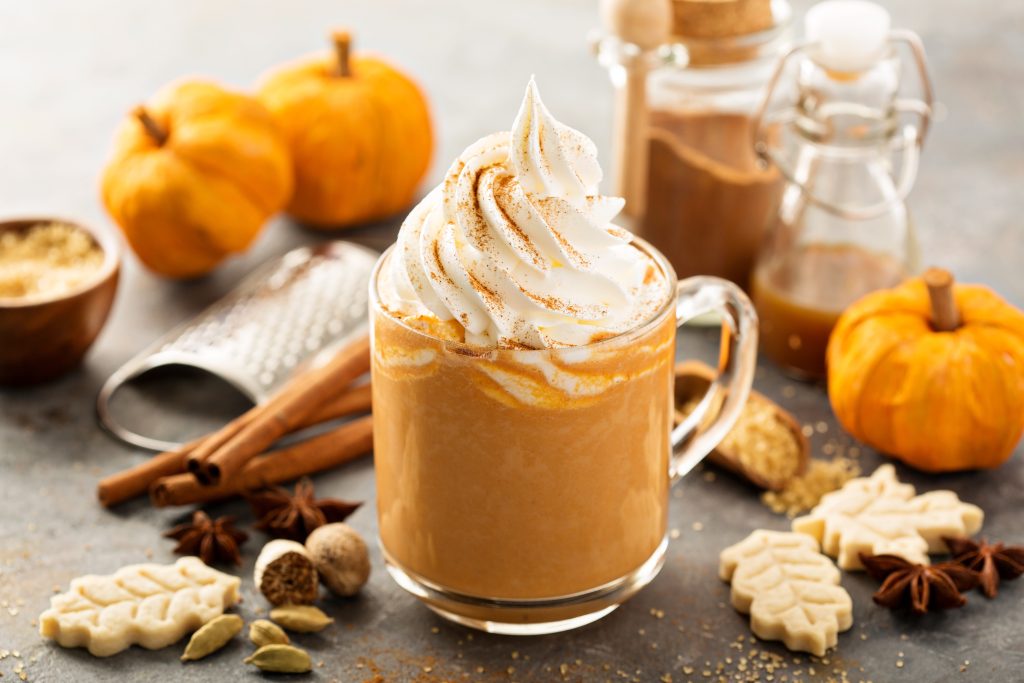Discover how Smells and Fragrances impact the brain, evoking emotions and memories through a complex interplay of sensory perception. This insightful article explores the science behind our reactions to scents, revealing their profound effects on mood, behavior, and even marketing strategies.
Table of Contents
How does the brain react to fragrances? Your brain reacts to external stimuli, that is an indisputable fact but how does your brain respond specifically to fragrances? We have many ways of perceiving, recalling, and remembering the world, and one of the most potent external triggers is fragrance. Our sense of smell, and thereby a large part of our sense of taste as well, is closely tied to emotions and memories, and fragrances can have a powerful impact on our mood and behavior.
What is a Fragrance?
A fragrance, also known as a perfume or scent, is a mixture of aromatic compounds that are combined to create a specific and distinctive odor. Fragrances can be made from natural sources such as flowers, plants, and fruits, as well as synthetic compounds created in a laboratory. They are typically used to enhance personal hygiene, create pleasant atmospheres, or evoke emotions and memories. Fragrances can be found in a variety of products, including perfumes, colognes, body sprays, candles, and air fresheners. The scent of a fragrance can vary widely depending on its ingredients and the way it is formulated and can have a powerful effect on our emotions and mood.
How do we react to Smells and Fragrances?
When we smell a particular fragrance, the odor molecules travel from our nostrils to the olfactory bulb in the brain, triggering a cascade of neural activity. Most, if not all, of us, will surely have specific smells we associate with very specific times in our lives. For example, I am sent right back to my childhood, by the smell of rose hip flowers on a warm summer’s day.

Studies have shown that different fragrances can activate the brain in different ways and alter our moods, emotions, and behavior. For example, the scent of lavender has been shown to promote relaxation and reduce anxiety (1), while the scent of rosemary has been shown to improve cognitive function (2) – and if you need a quick pick-me-up, go stick your nose in fresh basil – trust me, well actually, don’t just trust me – read this article to find out more.
The amygdala often referred to as the brain’s emotional center, is closely connected to the olfactory bulb, and it is thought that fragrances can directly impact our emotional state by triggering the amygdala. This is how and why certain fragrances can evoke powerful emotional responses and bring back vivid memories from our lives.
Moreover, fragrances can also impact the brain by affecting the levels of neurotransmitters, such as dopamine and serotonin. For instance, the scent of vanilla has been shown to increase levels of dopamine in the nucleus accumbens, which is associated with feelings of pleasure and reward (3). The effect on people’s moods that scents such as vanilla can have could explain the popularity of scented candles and potpourri, which are made with paraffin wax, fragrance oils, and dried flowers.
Additionally, fragrances can also have different effects in different contexts and environments. For instance, the scent of lemon may be invigorating in a spa but may come across as unpleasant in a hospital setting.

In recent years, the use of fragrance oils and fragrance mist in various settings, such as homes, offices, and healthcare facilities, has become increasingly popular as a way to enhance mood and promote well-being. However, it is essential to use fragrances responsibly and consider the potential effects on individuals and the environment.
Using scents and fragrances in neuromarketing
From a neuromarketing perspective, the impact of fragrances on the brain is a crucial area of research, as it has the potential to influence consumer behavior and decision-making. Understanding how fragrances can impact the brain and evoke emotional responses can help companies create more effective marketing strategies and products.
A trick employed with apparent success in the real estate market is simply to put a bit of vanilla essence in a bowl and heat it in the oven before a viewing, and; voila, the house smells of freshly baked cookies and will enhance the feeling of homeliness to people viewing the property. As far as I have been able to establish, no hard science has been done on that particular subject but a quick google search will show that the internet is teeming with people who swear by it.

Studies have shown that fragrances can impact the brain and influence consumer behavior in several ways. For example, the scent of lemon has been shown to increase attention and memory recall (4), making it a useful addition to products that are marketed as “memory-enhancing.” The scent of vanilla, on the other hand, has been shown to increase feelings of pleasure and relaxation (5), making it a popular addition to products aimed at promoting calm and relaxation. Just think of the signature scents that brands, department stores, and other retail and dining establishments are using to create the specifically curated atmosphere they want you to experience while being a guest and through that increase brand awareness (6).
Additionally, fragrances can also evoke emotional responses and trigger memories, which can influence consumer behavior. For instance, the scent of cinnamon has been shown to evoke feelings of warmth and comfort (7), making it a popular addition to products marketed for the holiday season. And let us not forget that herald of the holiday season, the pumpkin-spiced drinks. Pumpkin spiced drinks are available to buy all year round, both in grocery stores and more importantly in Starbucks, but it is only advertised for the autumn, because the taste and smell of pumpkin, have a very specific time of year it fits into.

There is no doubt that fragrances are incredibly powerful evocators of emotions and memories, and maybe because of that it is important to note that the effects of fragrances can vary greatly between individuals and can depend on many factors. Individual differences in brain anatomy, genetics, and prior experiences, can mean that a fragrance that evokes happy memories for one person may have no effect or even evoke negative memories for another person.
Free 52-page Human Behavior Guide
For Beginners and Intermediates
- Get accessible and comprehensive walkthrough
- Valuable human behavior research insight
- Learn how to take your research to the next level

References
- Koulivand PH, Khaleghi Ghadiri M, Gorji A. Lavender, and the nervous system. Evid Based Complement Alternat Med. 2013;2013:681304. doi: 10.1155/2013/681304. Epub 2013 Mar 14. PMID: 23573142; PMCID: PMC3612440.
- Moss M, Oliver L. Plasma 1,8-cineole correlates with cognitive performance following exposure to rosemary essential oil aroma. Ther Adv Psychopharmacol. 2012;2(3):103-13. doi:10.1177/2045125312436573
- Rauggi, R., Scheggi, S., Cassanelli, A., De Montis, M. G., Tagliamonte, A., & Gambarana, C. (2005). The mesolimbic dopaminergic response to novel palatable food consumption increases dopamine-D1 receptor-mediated signaling with complex modifications of the DARPP-32 phosphorylation pattern. Journal of neurochemistry, 92(4), 867–877. https://doi.org/10.1111/j.1471-4159.2004.02920.x
- Liu B, Kou J, Li F, Huo D, Xu J, Zhou X, Meng D, Ghulam M, Artyom B, Gao X, Ma N, Han D. Lemon essential oil ameliorates age-associated cognitive dysfunction via modulating hippocampal synaptic density and inhibiting acetylcholinesterase. Aging (Albany NY). 2020 May 11;12(9):8622-8639. doi: 10.18632/aging.103179. Epub 2020 May 11. PMID: 32392535; PMCID: PMC7244039.
- Stephen Warrenburg, Effects of Fragrance on Emotions: Moods and Physiology, Chemical Senses, Volume 30, Issue suppl_1, January 2005, Pages i248–i249, https://doi.org/10.1093/chemse/bjh208
- Morrin, M., & Ratneshwar, S. (2003). Does it Make Sense to Use Scents to Enhance Brand Memory? Journal of Marketing Research, 40(1), 10–25. https://doi.org/10.1509/jmkr.40.1.10.19128
- Bell, Brandon & Adhikari, Koushik & Chambers, Edgar & Alavi, Sajid & King, Silvia & Haub, Mark. (2017). Spices in a Product Affect Emotions: A Study with an Extruded Snack Product (†). Foods (Basel, Switzerland). 6. 10.3390/foods6080070.











